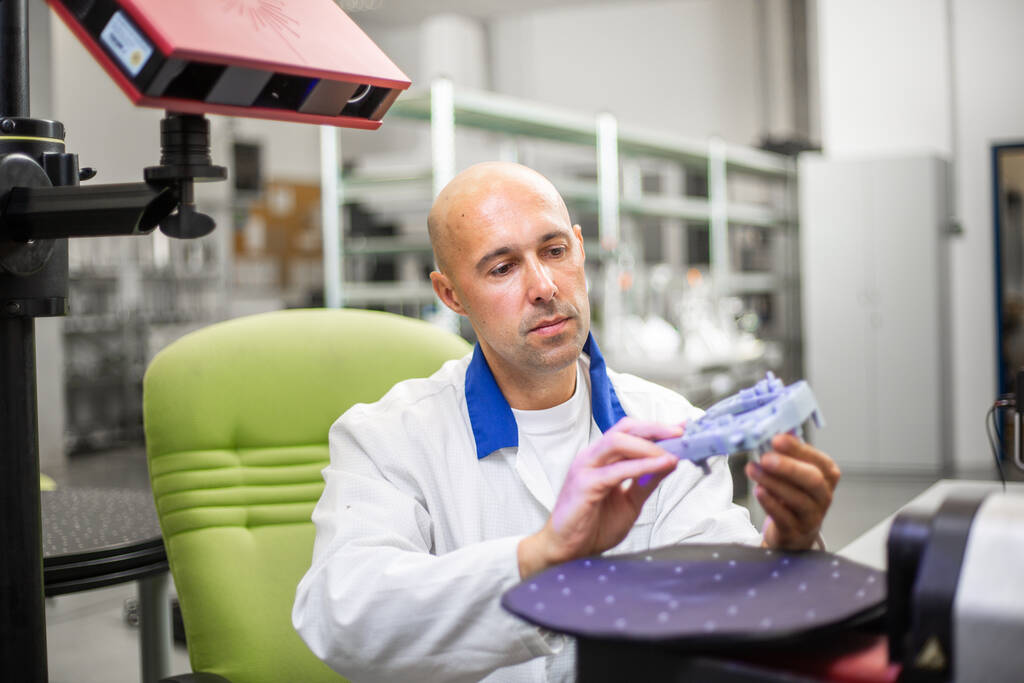Ensuring Accuracy and Precision
Metrology plays a crucial role in healthcare by ensuring the accuracy and precision of medical measurements and instruments. In a field where even the smallest discrepancies can have significant implications for patient care, metrology provides the standards and methodologies necessary to maintain high levels of measurement accuracy.
Calibration of Medical Equipment
One of the primary applications of metrology in healthcare is the calibration of medical equipment. This involves periodically verifying the accuracy of devices such as blood pressure monitors, thermometers, infusion pumps, and laboratory instruments to ensure that they provide reliable and consistent measurements. By calibrating medical equipment according to established standards, healthcare providers can trust the results obtained from these devices, leading to more accurate diagnoses and treatment decisions.
Quality Control in Manufacturing
Metrology also plays a vital role in the manufacturing of medical devices and equipment. By establishing precise measurement standards and quality control processes, metrology ensures that medical devices meet stringent regulatory requirements for safety, efficacy, and performance. This helps to safeguard patient health and well-being by ensuring that medical devices function as intended and deliver the desired therapeutic outcomes.
Supporting Clinical Research
In clinical research, metrology is essential for maintaining the accuracy and reliability of data collected during studies. Whether measuring patient parameters, laboratory samples, or experimental outcomes, metrology provides the framework for standardizing measurements and ensuring consistency across different research sites and studies. This ensures the validity and reproducibility of research findings, which are essential for advancing medical knowledge and improving patient care.
Enhancing Patient Safety
By promoting accuracy, reliability, and consistency in medical measurements and instruments, metrology plays a critical role in enhancing patient safety. Whether monitoring vital signs, administering medications, or performing diagnostic tests, healthcare providers rely on accurate measurements to make informed decisions and deliver appropriate care to patients. Metrology helps to minimize the risk of errors and ensure that patients receive the right treatments at the right time, reducing the likelihood of adverse events and improving overall outcomes.
In summary, metrology serves as the cornerstone of quality and reliability in healthcare by ensuring the accuracy, precision, and consistency of medical measurements and instruments. From calibrating medical equipment to supporting clinical research and enhancing patient safety, metrology plays a vital role in every aspect of healthcare delivery, ultimately contributing to better patient outcomes and improved quality of care.

